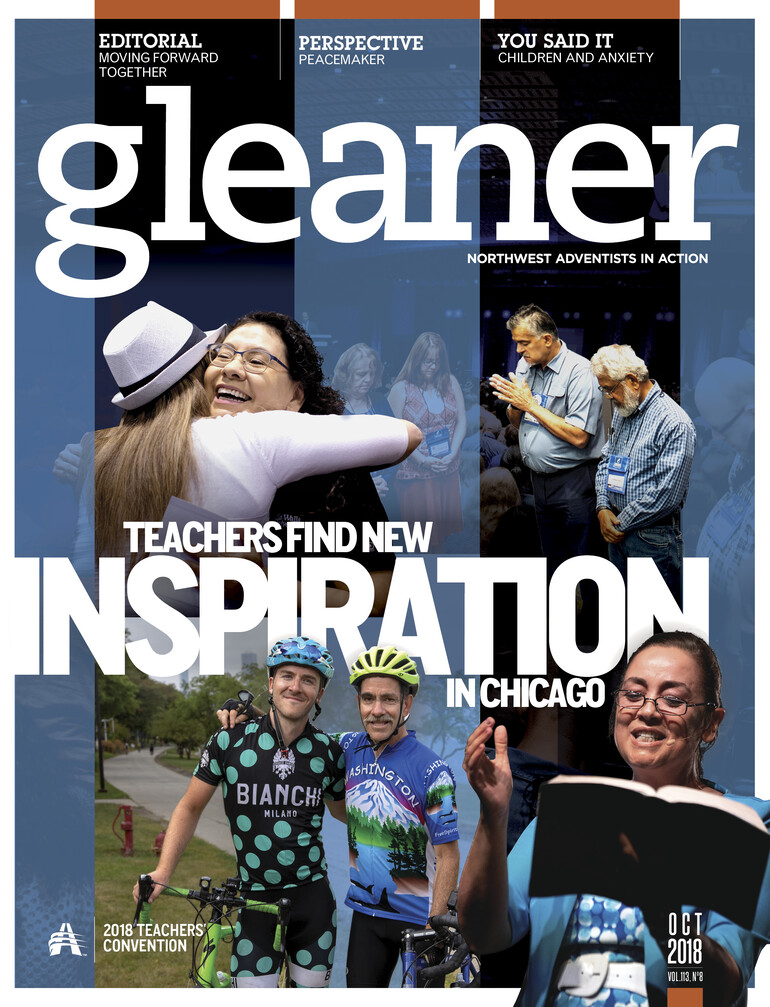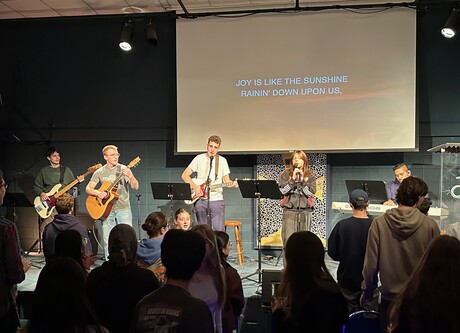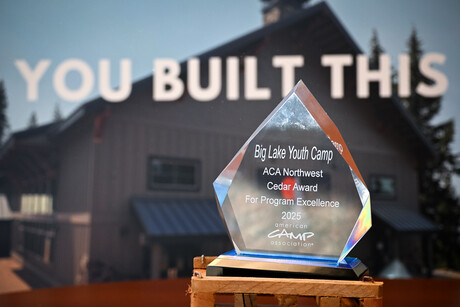Current research says … “Traits and skills such as critical thinking, problem solving, social skills, persistence, creativity and self-control are vitally important to children’s full development.” In their article Making Whole-child Education the Norm, Garcia and Weiss (2016) echo numerous contemporary authors and researchers identifying the need for the education of youth to reach well beyond classroom instruction and textbooks. But these modern perspectives only affirm what Adventist parents and teachers have known for a long time.
Adventist philosophy has been saying … Ellen White says, “Our ideas of education take too narrow and too low a range. There is need of a broader scope, a higher aim. True education means more than the pursuit of a certain course of study. It means more than a preparation for the life that now is. It has to do with the whole being, and with the whole period of existence possible to man. It is the harmonious development of the physical, the mental, and the spiritual powers. It prepares the student for the joy of service in this world and for the higher joy of wider service in the world to come” (Education, p. 13).
White, goes on to say that if we were to devote “a portion of each day to mental improvement and a portion to physical labor, there would now be a more elevated class of youth to come upon the stage of action to have influence in molding society” (Fundamentals of Christian Education, p. 41).
What Milo is doing … Most teenagers don’t arrive at academy “work-ready.” This might even be an understatement. General work skills such as responsibility, timeliness, staying on task, showing initiative and being a team player aren’t inborn human traits. They need to be taught to be learned.
Adding to already strong work opportunities, Milo is broadening our basic work program to include the following improvements:
Career and technical experience (CTE): For generations academy work programs have provided jobs to students for the primary purpose of funding school fees. Over the past 20 years, state and federal labor laws have limited both this financial benefit but more importantly our ability to instruct important life skills such as the value for work. Nearing the end of extensive legal review, CTE will become a class required for graduation beginning in the fall of 2019.
Vocational certificate programs: This fall Milo will provide intermediate and advanced instruction in a handful of vocational trade areas. These certificate programs will provide a springboard into higher education or prepare graduates for immediate entry into higher-paying, skilled positions in the work force. More than 20 certificates are planned in the next few years. Initial programs include construction, agriculture, culinary and heavy equipment repair. Coming soon are office procedures, landscape maintenance, volunteer firefighter and more.
To enroll or get further information about these and other programs, email Ramiro Quero, vocational education director, or Randy Thornton, Milo principal.










